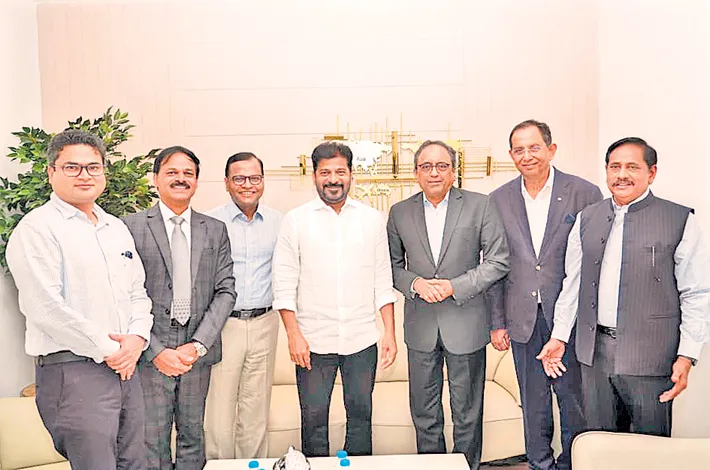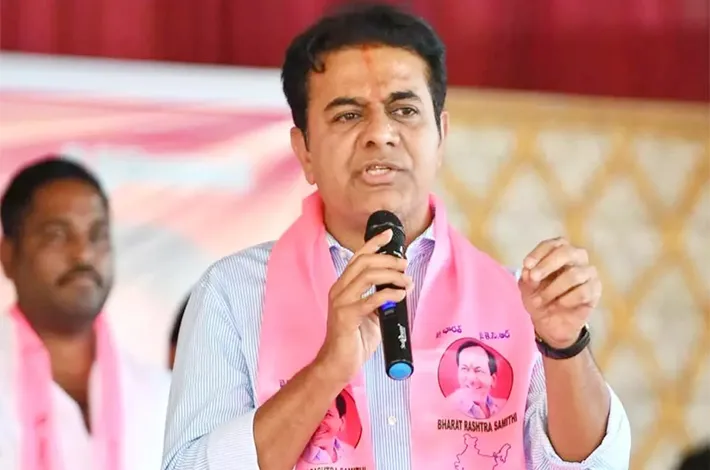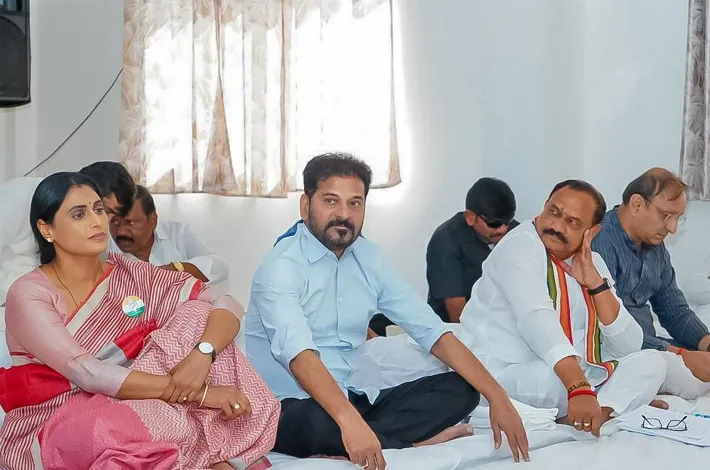Government succumbs, L&T exits Metro Rail
26-09-2025 12:00:00 AM

- TG Govt to absorb LTMRHL’s debt of around Rs 13,000 cr, pay Rs 2,000 cr towards L&T’s equity stake
metro india news I hyderabad
Exactly five days after Metro India prophesied about L &T’s plans to exit, the news of the infra-giant bowing out after over a decade has come true. Following detailed negotiations, it was agreed in principle that the Telangana government would take over Phase-1 of the Hyderabad Metro Rail project by absorbing LTMRHL’s debt of around Rs 13,000 crore and paying Rs 2,000 crore towards L&T’s equity stake as a one-time settlement. In total, the state will need nearly Rs 15,000 crore to complete this acquisition, effectively converting Phase-1 into a government-owned entity.
This move is seen as a crucial step to break the deadlock with the Centre and pave the way for approval of the Metro Rail Phase-2 expansion. The Centre has held multiple rounds of discussions with the state government but repeatedly flagged concerns over the mismatch between Phase-1, executed by private promoter L&T Metro Rail Hyderabad Limited, and the proposed Phase-2, to be executed by a government agency. The Centre has also insisted on a definitive agreement for seamless operational integration of both phases, covering revenue and cost-sharing mechanisms.
L&T, however, clarified that it has exited the business of ownership and operation of transport concession assets and therefore cannot participate in Phase-2 either as an equity partner or by signing the required agreement. Instead, the company offered to divest its entire stake in Phase-1 to the government.
Chief Minister A Revanth Reddy, along with senior officials, held a meeting with L&T Group CMD S. N. Subrahmanyan and other senior executives to discuss the matter. The Chief Minister initially urged L&T to reconsider and join the Phase-2 expansion, but the company reiterated its decision to exit. As an alternative, L&T suggested that the state take over Phase-1 by assuming its debt obligations and compensating for its equity stake.
Therefore, discussions were held on financials, asset valuation etc., of the Phase-I project. Mr. Subrahmanyam suggested that the state government take over the complete debt of LTMRHL and pay about Rs.5900 crores for their equity value. During negotiations, Subrahmanyam also pointed out that as per the Supplementary Concession Agreement signed on 22.07.2022, the state government is yet to pay Rs. 2100 crores to L&T out of the agreed Rs. 3000 crores as interest free loan.
Hyderabad, which stood second in the country in 2014 in terms of metro network length, has now slipped to ninth place. To meet the rising demand for public transport, the state government has submitted proposals for Phase-2A and Phase-2B expansion, covering eight new lines with a total length of 163 km. The Centre has indicated that it would process these proposals further once the integration issue with Phase-1 is resolved.
The terms of the takeover, including financial, legal, and statutory modalities, will be worked out carefully through mutual discussions to ensure compliance. Senior officials including Chief Secretary K Ramakrishna Rao, Advisor (Urban Transport) NVS Reddy, Principal Finance Secretary Sandeep Kumar Sultania, Secretary MA&UD K Ilambarithi, HMRL MD Sarfaraz Ahmad, and senior officers from the Chief Minister’s Office were present at the meeting. From L&T, CMD Subrahmanyan, Advisor DK Sen, and LTMRHL MD & CEO KVB Reddy attended.
Impact on common man
While the decision is expected to unlock the much-needed Phase-2 expansion and improve connectivity in Hyderabad, financial experts have raised concerns about the Rs 15,000 crore commitment. Ultimately, this burden rests on the state exchequer, raising questions about whether it will be passed on to citizens in the form of higher taxes, increased user charges, or other indirect costs.
For the people of Telangana, particularly the four crore residents who rely on affordable public transport, the hope is that this investment will lead to improved mobility and reduced congestion without imposing an excessive financial burden.








